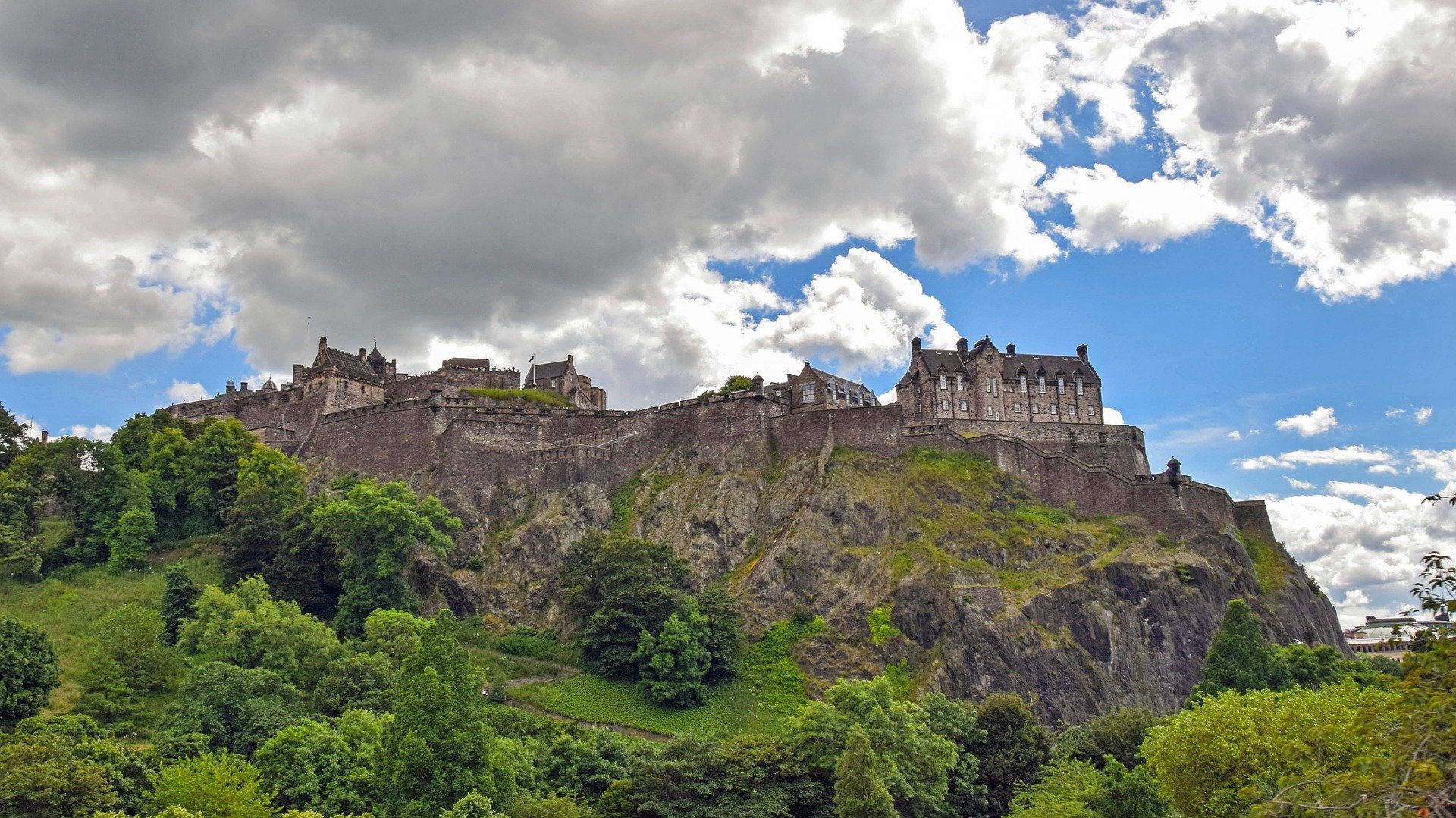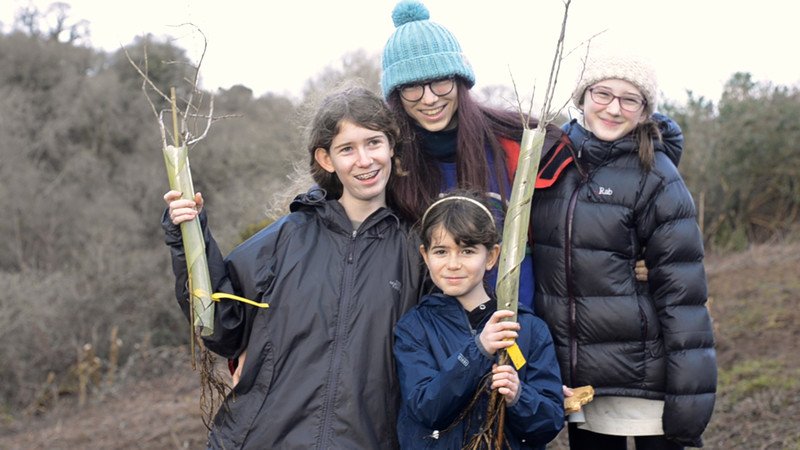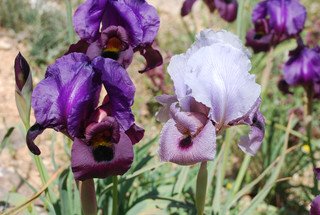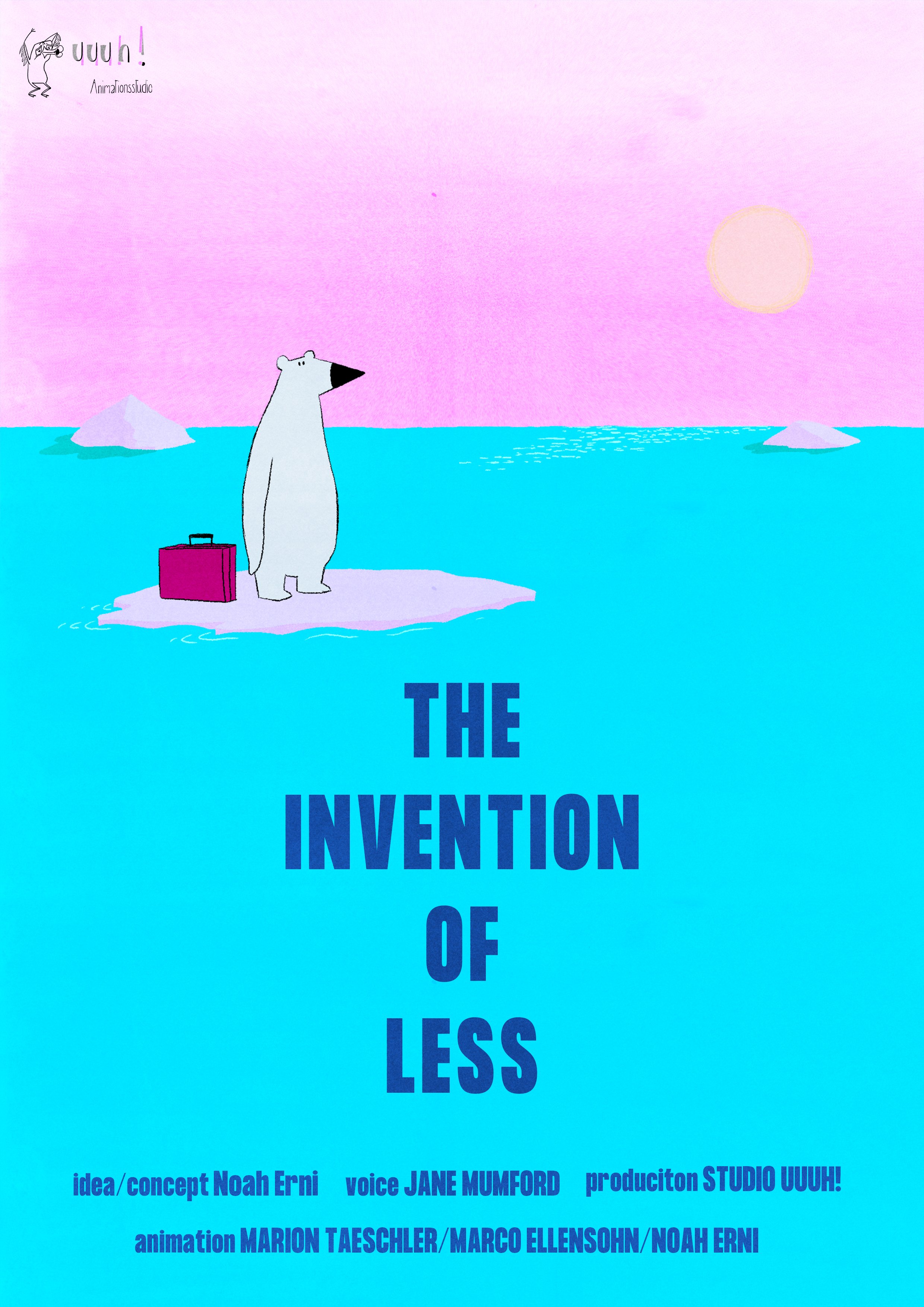
Edinburgh Conservation Film Festival
2024 festival
ADDITIONAL screening!
Thursday 16th may @ 6pm
Finisterre store, 58 George Street Edinburgh EH2 2LR
tickets available now!
2024 sponsors

About our festival
The Edinburgh Conservation Film Festival is a family-friendly event, founded by Edinburgh Conservation Science (ECoS), a consortium of Scotland-based organisations promoting the inclusion of science into biodiversity conservation management and policy.
The inaugural festival was held in the spring of 2022 and was a resounding success, so much so that we ran the festival again in 2023 and are doing so again in 2024! The festival is 90-minute programme of a selection of short films (approx. 5 minutes) made with the intention of inspiring and engaging a broad audience with stories of positive biodiversity conservation success.
This year's festival aims to show people the importance of biodiversity conservation for all of us, and to give agency to individuals to make positive impacts on global biodiversity. Each film will convey a positive message of what we can achieve for the benefit of biodiversity conservation and our shared society, highlighting humanity’s their links with the natural world.
A film from one of our sponsors - People’s Postcode Lottery
Find out how forensic science is being rolled out in Malawi to tackle the illegal trade of wildlife.
Our 2024 Campaign Film
Have you ever wondered what the future is for the conservation of our natural world? Here in Scotland, there may be a plan that is bringing together land managers with all kinds of views, ideas, and expertise that could make a huge impact, not just on our environment, but also on how we work together for a common goal. So, s this the future of conservation?
2023’s Films
How does the health of the planet affect the health of people? How are they linked and what is science doing to address the multifaceted challenges of human, animal, and environmental health? Join Professor Anna Meredith as she explains the filed of ‘One Health’.
Why am I anxious? Why is it so hard to find a date? How are you dealing with the housing crisis?!’ The animals in our series of short, comedic films ask themselves these and other thought-provoking questions. Using real-life footage, each episode takes you inside the minds of unusual and endangered species like the pangolin, California Condor or ocean-dwelling goby. You get to eavesdrop on their hopes, fears and anxieties - and discover how similar our worlds really are.
Animals in Therapy
Among the different species that inhabit our planet, one stands out from the others by its power and its impact on ecosystems. It is the Autosaurus Rex!
Director - Marcel Barelli
Autosaurus Rex
Cool for You
“Cool For You”, an animated film based on the book of the same title, explains global warming to children in a friendly way. Incorporating different characters and families, animals and plants, children are introduced to CO2, and positive, easy ways to improve our impact on the earth.
Director - Sherene Strausberg
Dangerous blast fishing was once widespread across much of Tanzania. Thanks to the efforts of SeaSense, which has worked with the Beach Management Units (BMUs) to educate fishers on the dangers of blast fishing - blast fishing is now much rarer. Testimony like Abdallah's can be critical in these efforts.
Blue Ventures
Blast
Inspired by a picture book, Max Romey heads to a remote beach on Alaska's coastline in search of marine debris. What he finds is a different story altogether.
Directors - Max Romey
If You Give a Beach a Bottle
Paralysed by the enormity of climate change and the sense of powerlessness it brings, a father experiences an existential crisis. Through this process, he discovers the concept of Interbeing - a philosophy that reconnects us with the natural world. This principle is vital if we are to help our environment recover and regain balance between humanity and nature. Without it, humanity will continue to take from our planet and never give back.
Director - Ben Sinclair
Interbeing
This National Park Service film follows a Hawaiian man's love for one of the rarest and most threatened trees in the world. Junior's connection with koa trees on his native island compels him to conserve and honor the spirt of fallen trees that would normally be wasted. His way of using the trees connects him to one of the oldest Hawaiian traditions.
Directors - David Ehrenberg
Kao Talking To Me
Ants, earthworms, bees, butterflies and woodlice are the heroes of this animated short. From the drawings they have made, a group of children tell us about the development, the places of life, and the roles that these insects have within the ecosystem of which they are a part.
Director - Marie-Jo Long
Our Friendly Little Bugs
With a 200-year vision for ecological restoration, Cairngorms Connect is delivering benefits for nature, climate and people.
People are very much part of this landscape, now and in the future. This short film explores different people's connection to the landscape, and the links between a healthy ecosystem and thriving community.
Directors - Tors Hamilton, Mat Larkin
People in the Landscape
It all started with a neglected creek near a well-walked footpath in Cornwall and a Community Interest Company. After a callout for volunteers, many people started to come together in nature. To clear this creek of rubbish. To plant fruit trees in two adjoining fields. To talk and share stories and memories.
Together they build a place that can be enjoyed by anyone. A place anyone can feel welcome. A place where humans and nature can live together.
This project is ongoing and if you are in the area, go and visit Sailors Creek. It is situated between Penryn and Flushing in Cornwall.
Director - Saskia Sichermann
Sailors Creek
The film follows a group of growers who are embracing the restorative power that the soil holds. Skin of the Earth is a story about the relationship between humans, the land, and belonging.
Director - Ikram Ahmed Ahmed
Skin of the Earth
A puppet based short film about the conservation success story of the Café Marron plant. The film charts the highs and lows of the project, celebrating the work of botanical scientists in a fun and inventive way.
Director - Abi Rose
The Café Marron Project

The 2022 Edinburgh Conservation Film Festival
The biggest global biodiversity conference in a decade, CoP15, concluded last year. CoP15 brought together all the Parties signed up to the United Nations Convention on Biological Diversity (CBD). This Convention covers the conservation and sustainable use of biodiversity, with fair sharing of benefits arising from it.
In the spirit of supporting public engagement with this special CoP, we screened a selection of short films that inspire and engage a wide audience. Each film conveyed a positive message of what we can achieve for the benefit of biodiversity conservation.
To mark CoP15, our first film festival took place on April 23rd 2022 in the auditorium of the National Museum of Scotland in Edinburgh. The Global Biodiversity Framework’s vision is a world living in harmony with nature where: By 2050, biodiversity is valued, conserved, restored, and wisely used, maintaining ecosystem services, sustaining a healthy planet, and delivering benefits essential for all people. In honour of this, the theme of the festival was centred around ‘A world living in harmony’.
2022 films
Rush
'Rush' explores the life and philosophy of 'super-volunteer' Oly Rush, who ditched his 9-5 job for beach cleans and record-breaking swims. Oly is responsible for removing truckloads of plastic from the Dorset coastline, all whilst training for long-distance swims to raise money for environmental causes.
Director - Mike Coggan
Why I Capture Wildlife
Young naturalist Jamal Kabir takes us on a fascinating journey around various parks in London and talks about his love for the natural world.
Director - Deej Phillips
The Ban Man and Woman of India
Chiropterologists Chelmala and Bhargavi Srinivasulu are researchers at Osmania University in Hyderabad, India. They have been called the bat man and bat woman of India. The title suits them, they say. And their chiropteran-infused love has guided their passion for finding, studying and ultimately helping to protect endangered bat species all over India. And it is what launched them on a strange and, at times, dangerous journey to find a bat that had not been seen in two decades- the Kolar leaf-nosed bat.
Director - Emily Driscoll
Team Lioness
In Amboseli National Park, Kenya, a small group of Maasai women were chosen to be rangers. Known as Team Lioness, the women patrol the surrounding bushland daily, looking for injured animals and poachers. They also act as a conduit between the women in local Maasai communities and the park authorities. The Lionesses risk their lives to protect wildlife and, in doing so, also challenge traditional gender stereotypes. This is their story.
Directors - Jake Tupman, Jack Somerville
Standing up for the Little Guys
The RZSS pine hoverfly conservation breeding programme at Highland Wildlife Park holds the known UK majority of this critically endangered species.
Hear from Dr Helen Taylor, RZSS Conservation Programme Manager, how, after years of hard work and close collaboration with partners in the wild, the team were finally able to release pine hoverfly larvae back into specially selected sites in the Cairngorms. These releases represent a huge boost for this important pollinator and a crucial step back from the brink of extinction in the UK.
Director - Jessica Wise
Saving the Rainbow Goddess
Iris antilibanotica is a plant from the Iridaceae family. It was described by John Edward Dinsmore in 1933. It is endemic to a small area of the Anti-Lebanon Mountains. The species was reported as extinct in Lebanon, however a small population was found in the backyard of a private land. Iris antilibanotica was assessed as Critically Endangered and set to be a priority species for conservation actions. It is prone to extinction if adequate conservation measures are not implemented immediately. In order to preserve this species, we used the innovative approach of introducing plants, grown from seeds in our seed bank, to an archeological site near its natural area of distribution. Anjar archeological site is well protected. Our Iris can grow away from any disturbance. This co-conservation of cultural and natural heritage is a promising concept especially in Lebanon.
Directors - Nadine Eid, Sami Saab
Cattle in the Forest
Using cattle to improve forest habitat.
Director Stephen Magee
Plants Under Pressure
Many plant species are threatened by changes to their habitat, including fires, commercial logging and growing settlements. This water-colour illustrated stop-motion animation outlines the threats to plants globally and the amazing work undertaken by the Plants Under Pressure team at London's Natural History Museum to combat the declines. Commissioned to be shown at COP 26 to communicate to world leaders and policy makers the importance of plants and these innovative tools to understand and mitigate biodiversity loss.
Director - Lauren Cook
Diversity in Birding
Today, we stand at a crossroads. Do we continue along the path of climate breakdown and huge biodiveristy loss, or do we choose to have a new relationship with nature?
Director - Stephen Magee
The Invention of Less
Due to global warming a young polar bear has to leave her home in summer 2031 and moves to Zurich. Together with all other animals she tries to make a living until she suddenly has an idea, that will change the world for ever.
Director - Noah Erni
Choices
Today, we stand at a crossroads. Do we continue along the path of climate breakdown and huge biodiveristy loss, or do we choose to have a new relationship with nature?
Director - Mat Larkin
The Edinburgh Conservation Film Festival is brought to you by our partner organisation ECoS.
Edinburgh Conservation Science (ECOS) is a consortium of world-class research organisations dedicated to the translation and application of science to conservation.
We provide an interface between the scientific and conservation communities, maximising the impact of fundamental research and supporting access for wildlife and environmental managers to a range of scientific and medical technologies and expertise.
We welcome interaction with providers and end-users of conservation science. Please feel free to contact us if you have ideas or enquiries about the application of science to conservation practice or policy, or if you have training needs in this area.


































